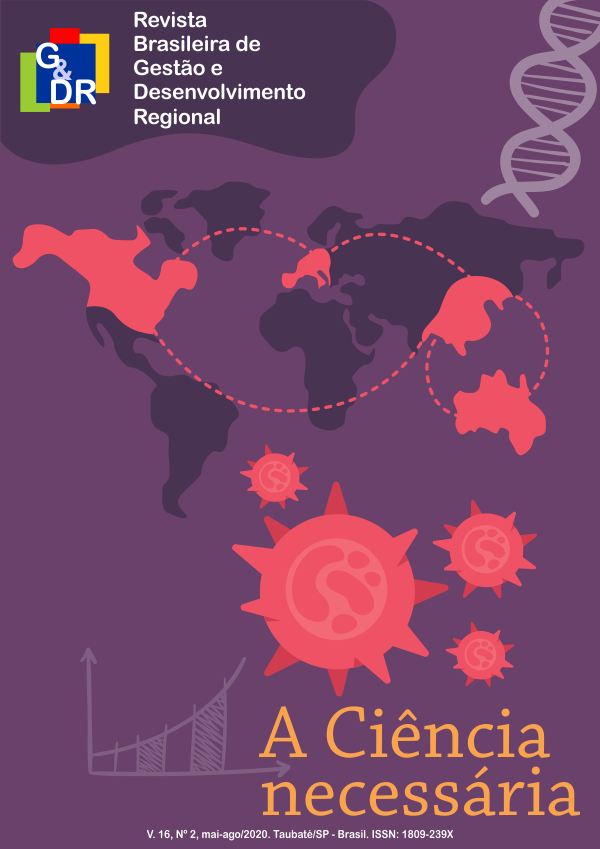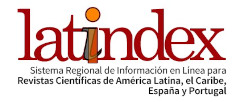POVERTY, FOOD SECURITY AND SELF-CONSUMPTION IN THE EXTRATIVIST RESERVE (RESEX) CHICO MENDES
Keywords:
Food security. Self-consumption. RESEX Chico Mendes. Poverty. Amazon RegionAbstract
This paper aims to evaluate the food security and self-consumption condition of families settled in the Chico Mendes Extractive Reserve (RESEX) in the last two decades. Specifically, we seek to identify poverty levels and income distribution and their relationship with food security and self-consumption. We work with the methodology of the Project of Socioeconomic Analysis of Basic Rural Family Production Systems of the State of Acre (ASPF), led by the Federal University of Acre (UFAC), which developed indicators and indexes of economic results that reflect the reality of small farmers. In addition, we estimated the Gini index, which is commonly used to measure the level of income inequality. The results indicate that even after 20 years of implementation of RESEX Chico Mendes, there are still high levels of food insecurity, resulting from the increased dependence on purchased goods in the market and, especially, the reduction in the level of self-consumption. In addition, it was found that the maintenance of income inequality among settled families and the increase of poverty and extreme poverty levels in the recent period, which underscores the urgent need to elaborate an agenda that reformulates policies already implemented and the formulation of new measures to ensure food safety.Downloads
Published
2020-05-28
How to Cite
Cavalcante Filho, P. G., Maciel, R. C. G., Oliveira, O. F. de, & Araújo, W. do S. (2020). POVERTY, FOOD SECURITY AND SELF-CONSUMPTION IN THE EXTRATIVIST RESERVE (RESEX) CHICO MENDES. Revista Brasileira De Gestão E Desenvolvimento Regional, 16(2). Retrieved from https://www.rbgdr.com.br/revista/index.php/rbgdr/article/view/5400
Issue
Section
Artigos
License
Authors who have their papers accepted and published in the Brazilian Journal of Regional Management and Development must agree to the copyright policy CC BY https://creativecommons.org/licenses/by/4.0/.
If the article is accepted for publication, the copyright is automatically assigned to the Brazilian Journal of Regional Management and Development.

















